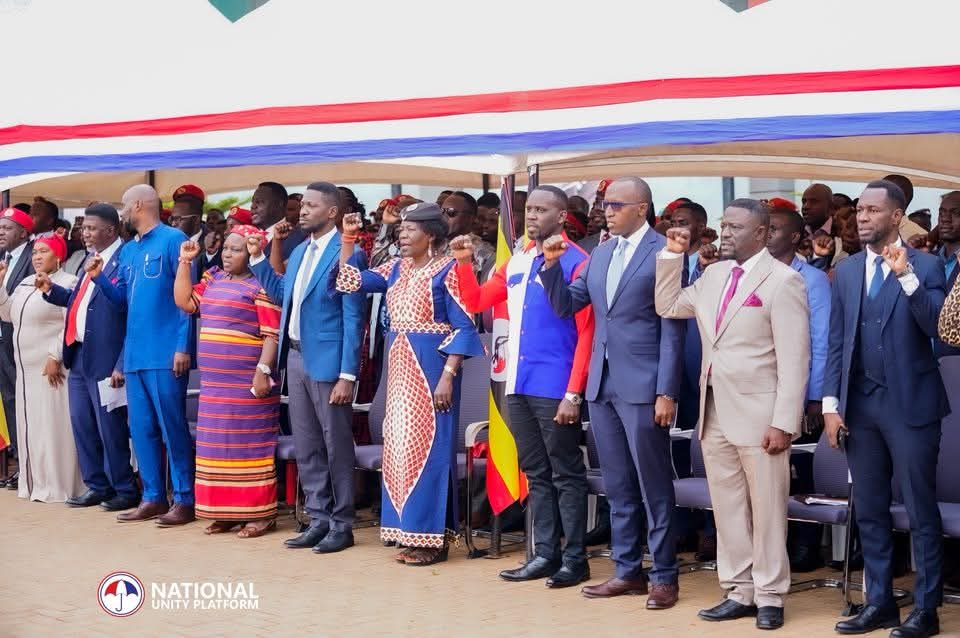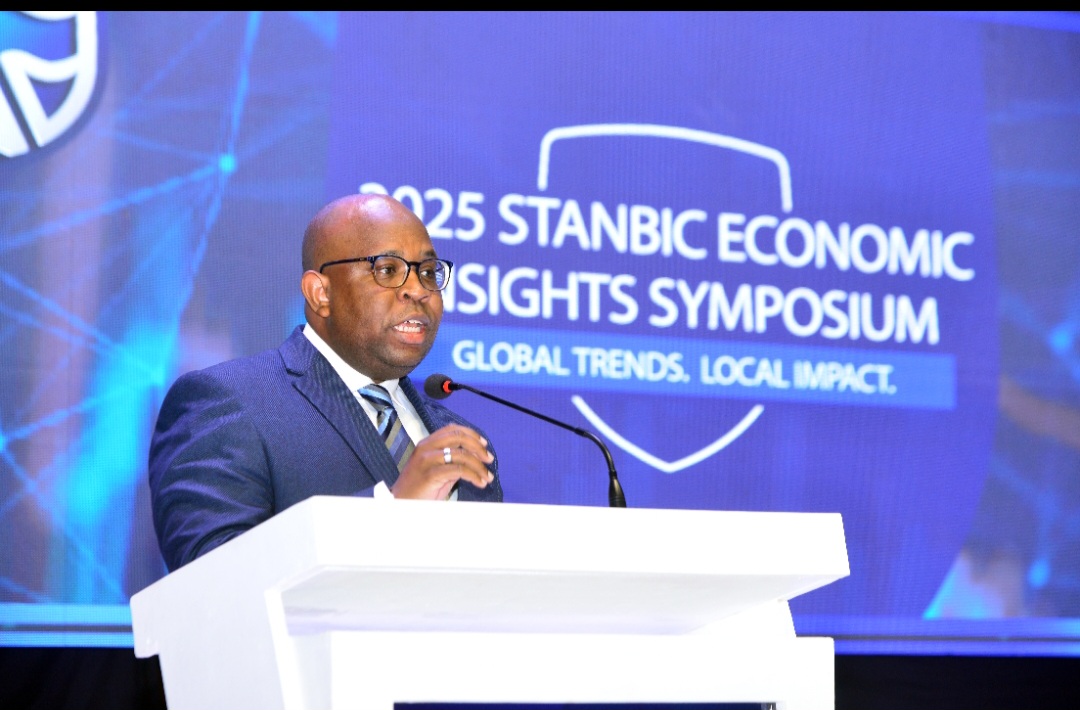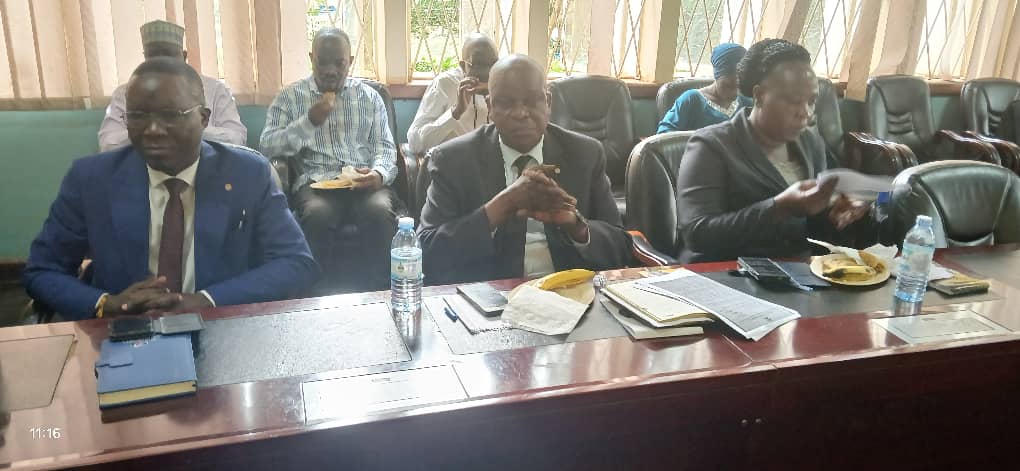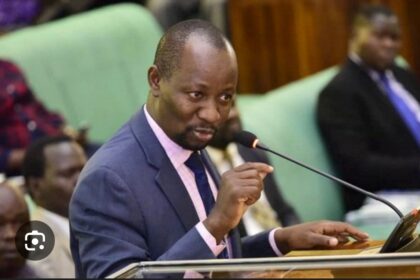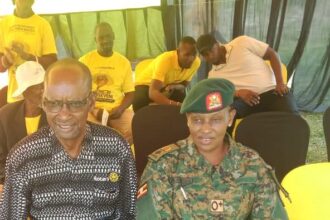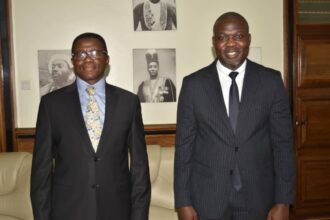The National Unity Platform (NUP), Uganda’s leading opposition party, faces a critical juncture as it navigates the new Political Parties and Organisations (Amendment) Act, 2025, which ties government funding to membership in the Inter-Party Organisation for Dialogue (IPOD) and parliamentary strength. Having previously rejected IPOD as a tool of President Yoweri Museveni’s National Resistance Movement (NRM), NUP’s reported decision to send its treasurer, Benjamin Katana, to an upcoming IPOD meeting signals a pragmatic shift. Katana, known for his bipartisan approach, embodies NUP’s attempt to balance ideological commitments with the urgent need to secure financial resources, highlighting the party’s strategic retreat in a challenging political landscape.
NUP’s earlier boycott of IPOD was rooted in its distrust of the platform, which it viewed as a mechanism to co-opt opposition parties into Museveni’s orbit. This stance resonated with NUP’s base, particularly younger voters who saw the party as a bold alternative to Uganda’s entrenched political order. However, the new law has forced NUP into a corner. With government funding—estimated at over Shs 3.1 billion annually for NUP—now contingent on IPOD membership, the party risks financial collapse if it remains sidelined. Katana’s selection as NUP’s representative reflects a calculated move. As treasurer, he is acutely aware of the party’s financial needs, and his pragmatic, bipartisan reputation positions him as a bridge between NUP’s anti-establishment rhetoric and the practical necessity of engaging with IPOD.
Katana’s bipartisan credentials, while controversial, are key to this strategy. Critics within the opposition, including voices from the Forum for Democratic Change (FDC) and Democratic Party (DP), have pointed to his rumored ties to Museveni as evidence of NUP’s softening stance. Yet, this same quality makes Katana an ideal envoy for navigating IPOD’s complex dynamics, where opposition parties must interact with the NRM without appearing to compromise their principles. His ability to maintain cordial relations across the political divide could secure NUP’s access to funds while minimizing perceptions of capitulation.
The decision comes amid mounting challenges for NUP. The party has lost several MPs to defections, weakening its parliamentary clout and, by extension, its claim to government funding. Allegations of lavish spending by NUP leaders, including Robert Kyagulanyi (Bobi Wine), have also strained the party’s public image, raising questions about its financial discipline. The move by Secretary General David Lewis Rubongoya to run for a parliamentary seat further underscores NUP’s anticipation of leaner times, as leaders seek alternative income sources ahead of the 2026 elections. Without IPOD funding, NUP’s ability to mobilize its base and compete with the well-resourced NRM would be severely hampered.
However, this pragmatic pivot carries risks. NUP’s grassroots supporters, who view IPOD as a symbol of Museveni’s control, may see Katana’s participation as a betrayal of the party’s revolutionary ideals. The optics of sending a treasurer perceived as bipartisan could fuel accusations of opportunism, especially if NUP fails to secure tangible benefits from IPOD. To mitigate this, NUP must clearly communicate that Katana’s involvement is a strategic necessity, not an ideological surrender, aimed at sustaining the party’s long-term fight against the NRM.
NUP’s decision to send its pragmatic, bipartisan treasurer to IPOD reflects a delicate balancing act. By prioritizing financial survival, the party acknowledges the realities of Uganda’s political system, where resources often dictate relevance. Yet, it must tread carefully to preserve its credibility as a transformative force. Katana’s role will be pivotal—not only in securing funds but in proving that NUP can engage with the system without losing its soul. As the 2026 elections loom, NUP’s ability to navigate this tension will determine whether it emerges as a resilient contender or a compromised shadow of its former self.
Do you have a story in your community or an opinion to share with us: Email us at Submit an Article



